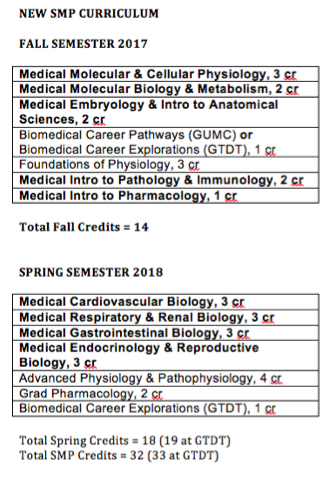Hey SDN!
I'm currently signed up for Introduction to Biochemistry (BIOS E-10) and Principles of Organic Chemistry (CHEM E-17) at Harvard Extension School. I emailed the professor about the course content; here's what she said:
"Chem E-17 covers most topics from both semesters of organic chemistry (about 90% of the MCAT content). The course is designed for students who plan to take only one semester of organic chemistry, following new medical school requirements. For those who need to take two semesters, they can take Chem E-17 and Chem E-27."
The issue is that I've already taken a semester of OChem1+lab at community college back home, and med schools are only requiring 1 semester these days. I did well in the class and feel like I had a good understanding of the content. The class I'm taking at HES covers topics I've already learned, but I decided I wanted to take it to solidify my OChem, since I'm here for Biochem anyway
Is it worth the time and money? The benefit is that I'm taking the course at a more rigorous school, so it'll look better on my application. I'm just concerned that I won't learn anything new.
Here's the link to the HES course description:
Principles of Organic Chemistry
I'm currently signed up for Introduction to Biochemistry (BIOS E-10) and Principles of Organic Chemistry (CHEM E-17) at Harvard Extension School. I emailed the professor about the course content; here's what she said:
"Chem E-17 covers most topics from both semesters of organic chemistry (about 90% of the MCAT content). The course is designed for students who plan to take only one semester of organic chemistry, following new medical school requirements. For those who need to take two semesters, they can take Chem E-17 and Chem E-27."
The issue is that I've already taken a semester of OChem1+lab at community college back home, and med schools are only requiring 1 semester these days. I did well in the class and feel like I had a good understanding of the content. The class I'm taking at HES covers topics I've already learned, but I decided I wanted to take it to solidify my OChem, since I'm here for Biochem anyway
Is it worth the time and money? The benefit is that I'm taking the course at a more rigorous school, so it'll look better on my application. I'm just concerned that I won't learn anything new.
Here's the link to the HES course description:
Principles of Organic Chemistry

